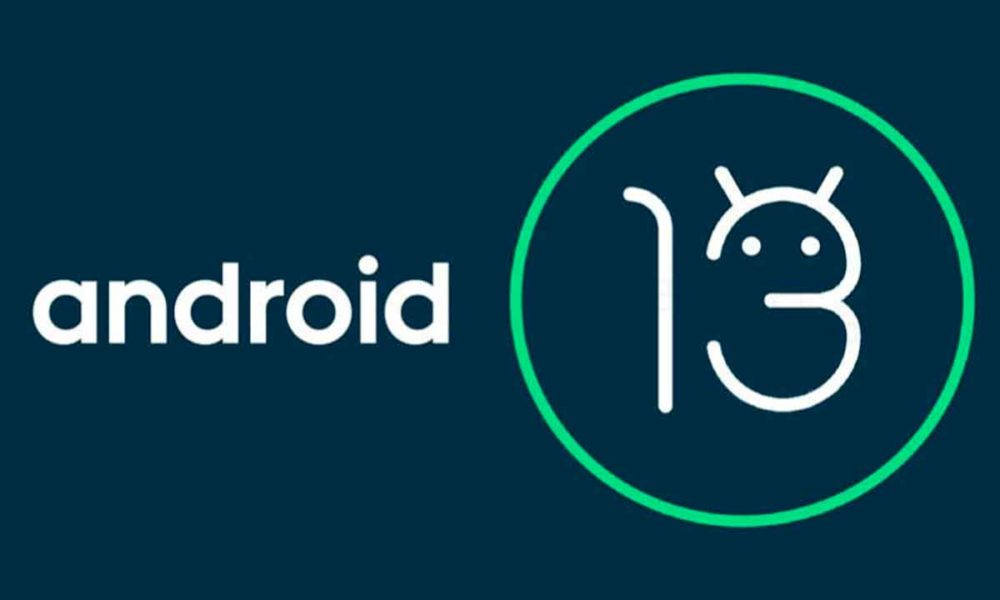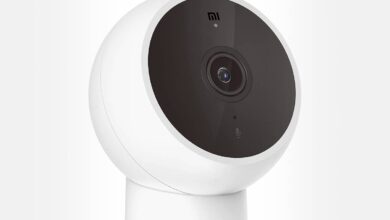
I recognize that I’ve been waiting for this move by Google for a long time. What’s more, in my opinion it has taken much longer than I expected, thus giving Apple a competitive advantage of more than a year. Be careful, I don’t mean to say that this is wrong, better late than never, and when the change has taken place, Android users will have protection against a function that is commercially over-exploited for advertising campaigns, and that compromises the privacy of Android users. In other words, I think it’s a very positive thing.
And it is that, as we can read on MSN, Google will soon start the process necessary to end advertising trackers on Androidthus putting an end to what, until now, has been one of the systems most used by many companies to offer the highest possible level of data granularity based on the user’s browsing history and use of apps.
If this thing about the advertising trackers with which Google now wants to end seems familiar to you, but you do not finish identifying it, you will quickly remember it: Apple added a feature to prevent its use in iOS 14.5, a privacy feature that provoked an angry response from Facebook (now Meta), and which, as we expected, has had a fairly significant impact on the social network’s accounts. Yes, that social network that claims to care, above all about its users, but that in practice seems not to be doing too well.
The digital identifiers assigned by Google to each device equipped with Android they do not contain data that allows the person who employs them to be identified, but they do facilitate the creation of a consumer profile very, very specific, and the fact that the apps can access said identifier makes it substantially easier to show you advertising inserts that are more in line with your profile, in addition to the possibility that they can also segment their content and other elements based on said information.
Now Google’s plan goes through dedicate this year to analyzing possible alternatives to trackers without completely blinding the networks and services responsible for serving advertising, they do improve the privacy of Android users by limiting the amount of data that application developers can collect with the current system. Once these tests are completed, Google’s plan raises initiate and complete the transition to it throughout 2023.
Evidently, when announcing it, Google has compared its plan with the one carried out by Apple last year, but has marked some differences with it, stating that their plan is to work closely with app developers and the advertising industry, in the search for a solution that at least partially satisfies all the parties involved. Thus, their participation during the testing phase of this year is expected.
“We realize that other platforms have taken a different approach to ad privacy, bluntly restricting existing technologies used by developers and advertisers.”, says Anthony Chavez, vice president of product management for Android security and privacy. “We believe that without first providing an alternative path to preserve privacy, these approaches may be ineffective and lead to worse outcomes for users’ privacy and developers’ businesses.”.
Personally, I can’t see which part of Apple’s approach could lead to worse results for user privacy, although I understand Google’s more conciliatory position with the rest of the industry. And it is that, let’s not forget, Google is also the world’s largest digital advertising companyso it is not surprising that their intentions are to find a solution that does not leave anyone out of the market.


